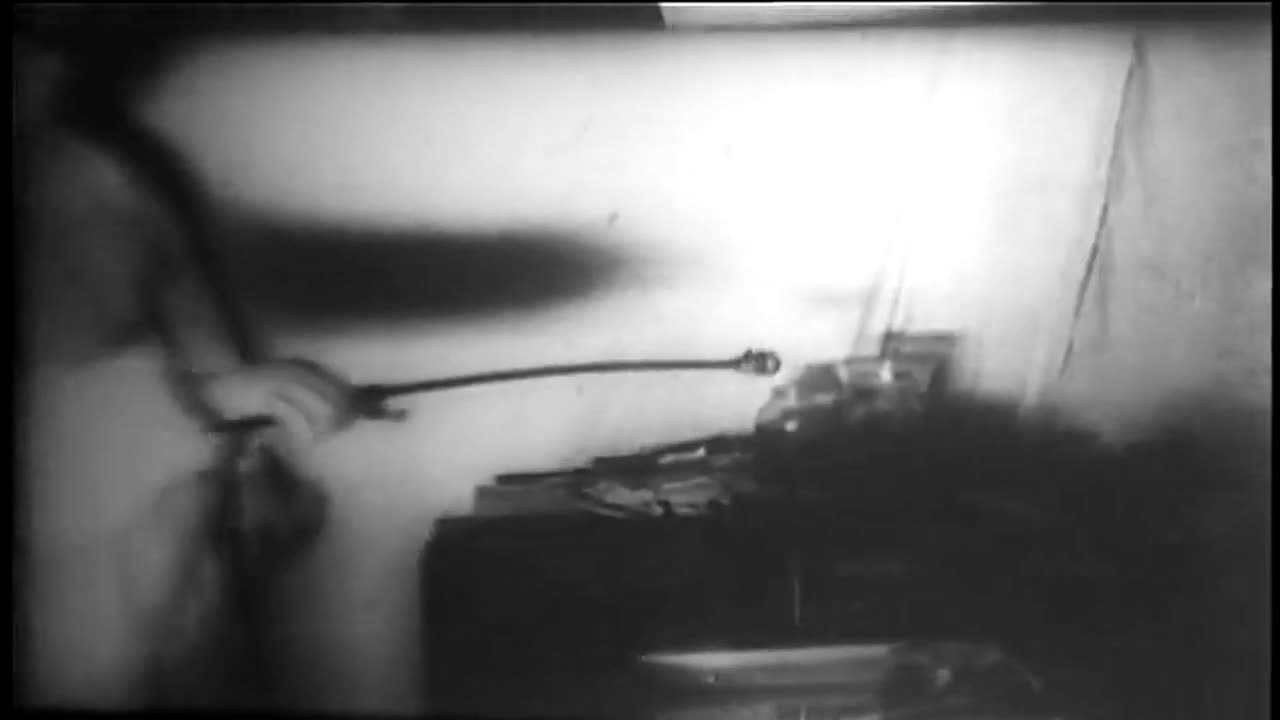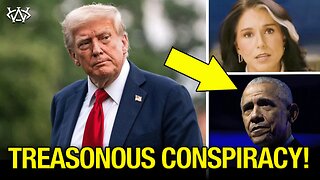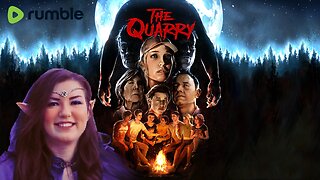Premium Only Content

CIA Archives: Use of Biological Warfare by the U.S. in the Korean War
The use of biological weapons by the United States during the Korean War is a controversial and disputed issue. The U.S. government has denied any involvement in biological warfare, but evidence suggests that American forces did conduct experiments and tests with biological agents during the conflict.
In 1952, the Chinese and North Korean governments accused the U.S. military of using biological weapons against their troops and civilians. The allegations were based on reports of outbreaks of infectious diseases, such as cholera, anthrax, and plague, that occurred in areas where U.S. forces had been operating.
The U.S. government denied the accusations and launched an investigation, led by the renowned microbiologist Matthew Meselson. The investigation concluded that there was no evidence of the use of biological weapons by the U.S. military.
However, subsequent research has challenged the Meselson report and suggested that the U.S. military did, in fact, conduct biological warfare operations in Korea. Some scholars have pointed to declassified documents and testimonies from U.S. veterans that describe the use of biological agents, such as fleas and ticks infected with plague and other diseases, as weapons against enemy troops and civilian populations.
One of the most controversial incidents was the alleged use of a biological agent called "yellow rain" by the U.S. military. Yellow rain was a substance that caused respiratory and gastrointestinal symptoms and was reportedly dropped from aircraft over North Korean and Laotian villages. The U.S. government denied that yellow rain was a biological weapon and claimed that it was a natural substance, such as bee feces or pollen.
However, a number of scientific studies conducted in the 1980s and 1990s suggested that yellow rain contained a toxic chemical and a biological agent, possibly a mycotoxin or a bacterial toxin. The controversy surrounding yellow rain remains unresolved, and the use of biological weapons in the Korean War remains a subject of debate and speculation.
In conclusion, while the U.S. government has denied any involvement in biological warfare during the Korean War, there is evidence to suggest that American forces did conduct experiments and tests with biological agents, and may have used them as weapons against enemy troops and civilian populations. The controversy surrounding the use of biological weapons in the Korean War underscores the ethical and moral dilemmas of modern warfare, and the need for transparency and accountability in military operations.
https://en.wikipedia.org/wiki/Allegations_of_biological_warfare_in_the_Korean_War
-
 9:22:13
9:22:13
The Memory Hole
6 months agoNixon Impeachment Hearings Day 4 (1974-07-26)
977 -
 1:38:52
1:38:52
Michael Franzese
19 hours agoEpstein. Diddy. Coverups. What the Government Isn’t Telling You
73.5K171 -
 LIVE
LIVE
SilverFox
5 hours ago🔴LIVE - Elden Ring - Stream Doesn't End Until We Beat The Game
78 watching -
 LIVE
LIVE
WorldofGaming
17 hours agoMario Party Unleashes the Madness!
33 watching -
 2:23:40
2:23:40
Robert Gouveia
9 hours agoObama Traitors get CRIMINAL REFERRAL! Motion to UNSEAL! Rupert Murdoch SUED!
61.8K124 -
 LIVE
LIVE
Brockstrap55
1 hour agoPokeMMO! Rocket Radio Tower.
13 watching -
 LIVE
LIVE
CassaiyanGaming
6 hours agoThe Quarry | Saturday at NOOOOOOOOOOOOOON
130 watching -
 LIVE
LIVE
Biscotti-B23
3 hours ago $0.60 earned🔴 LIVE TOP 30 RANK 🏆 WHY IS THIS GAME SO FUN BUT SO TRASH? ❌ HUNTER X HUNTER: NEN IMPACT
49 watching -
 LIVE
LIVE
GamingWithHemp
4 hours agoDonkey Kong Bananza episode #2
64 watching -
 4:05:57
4:05:57
MadHouseRetro
5 hours agoMadhouse Presents : Kingdom Hearts Series. Pt. 1, Beaches and sunsets.
9.57K